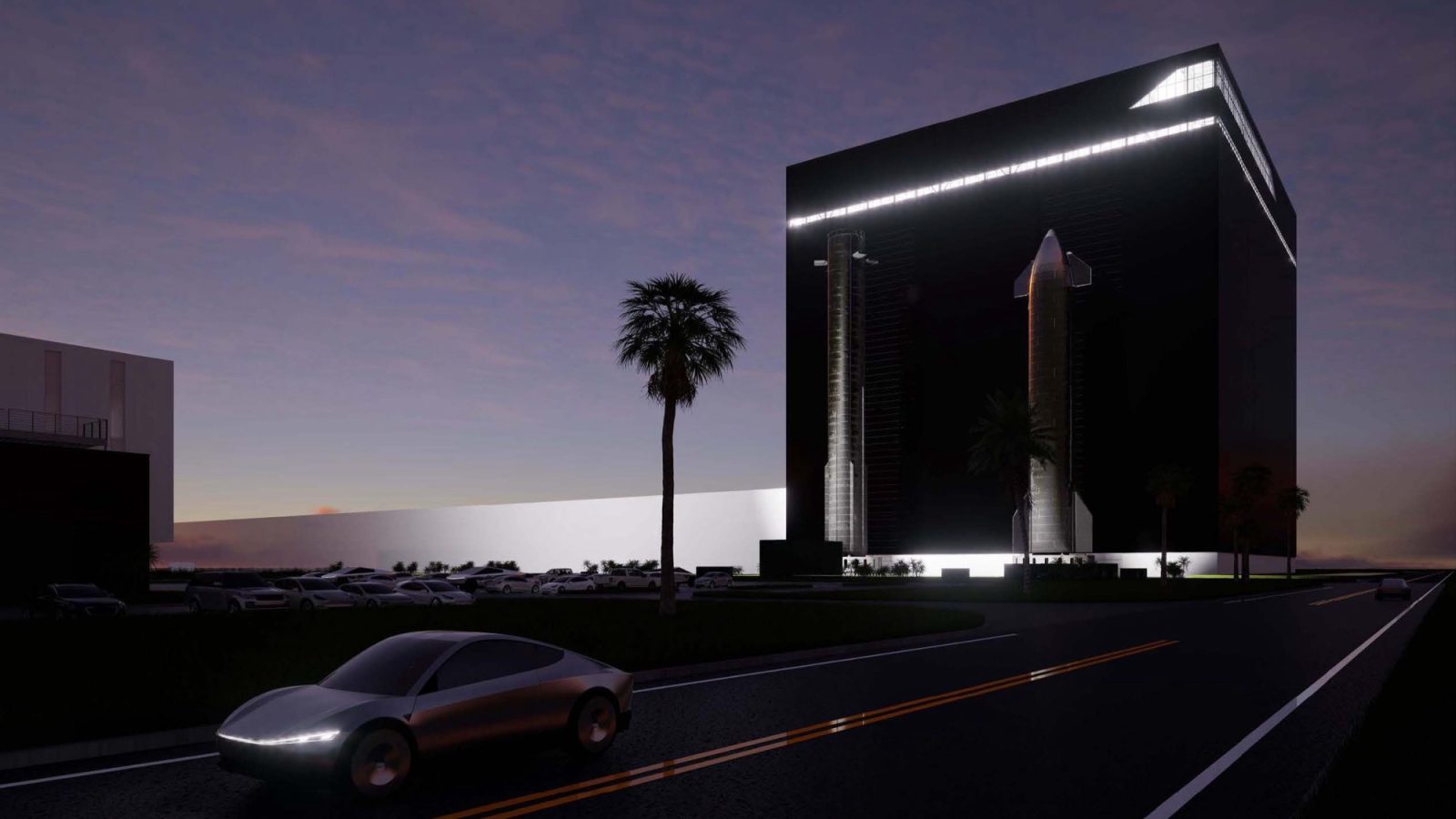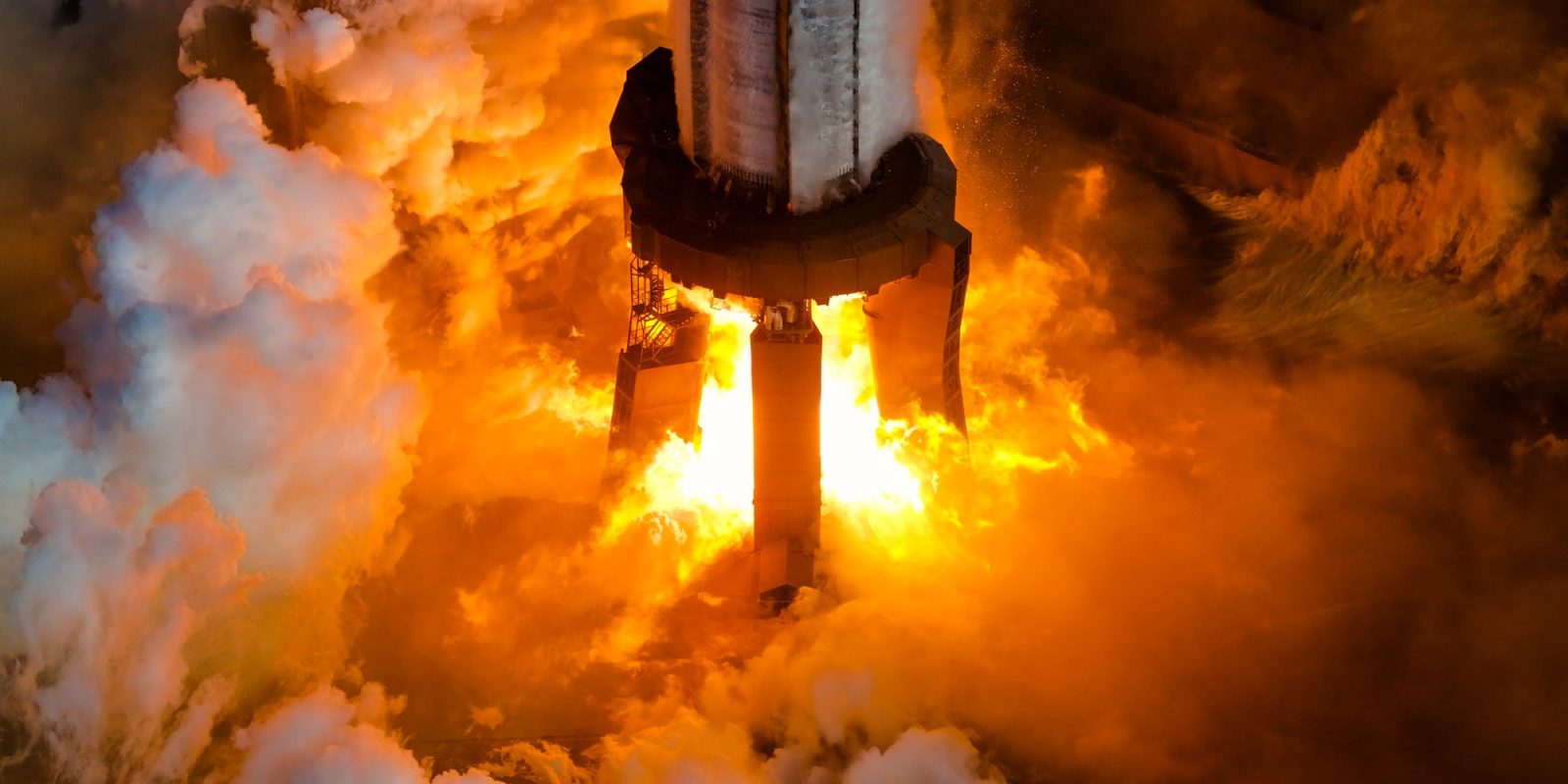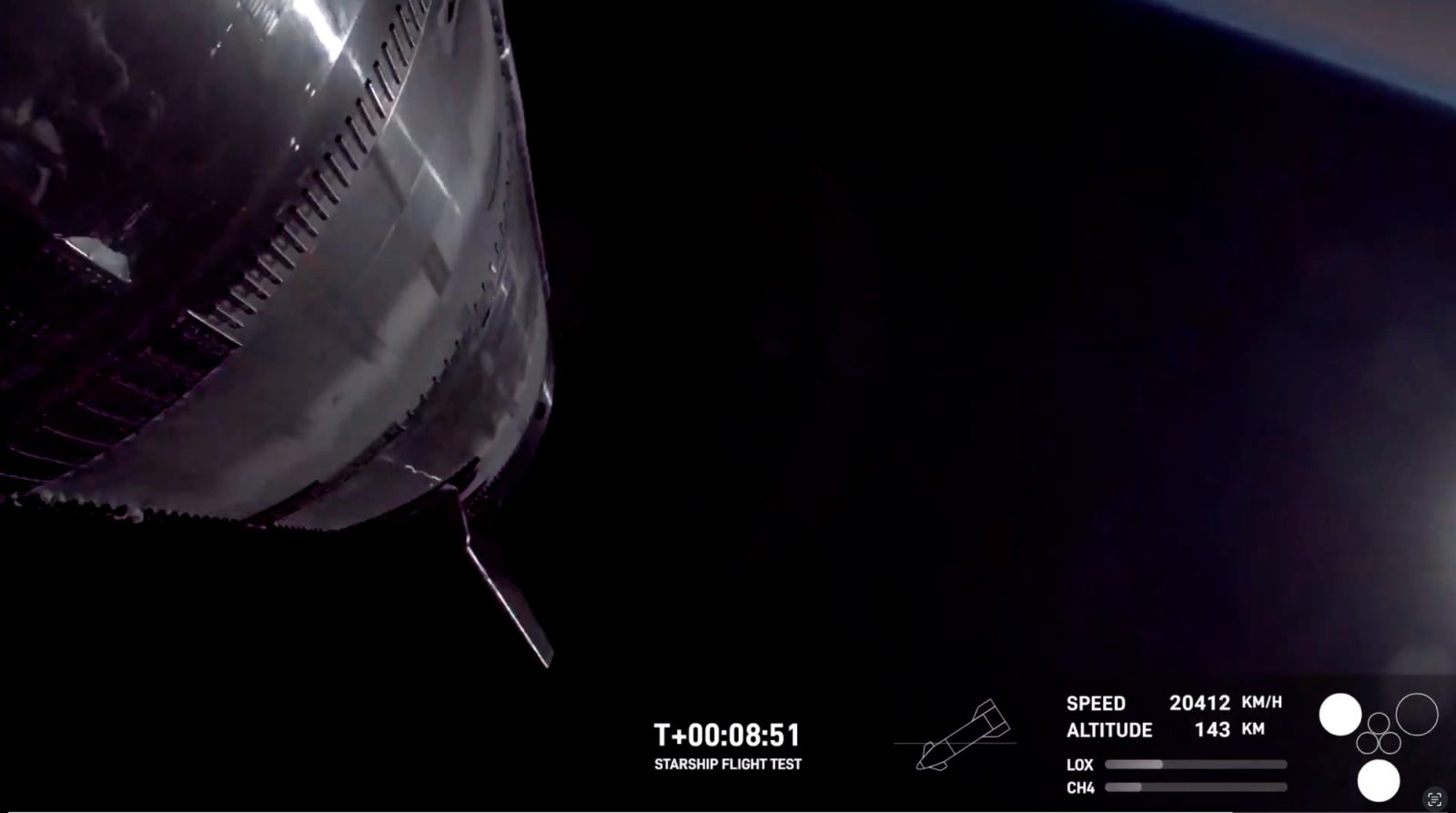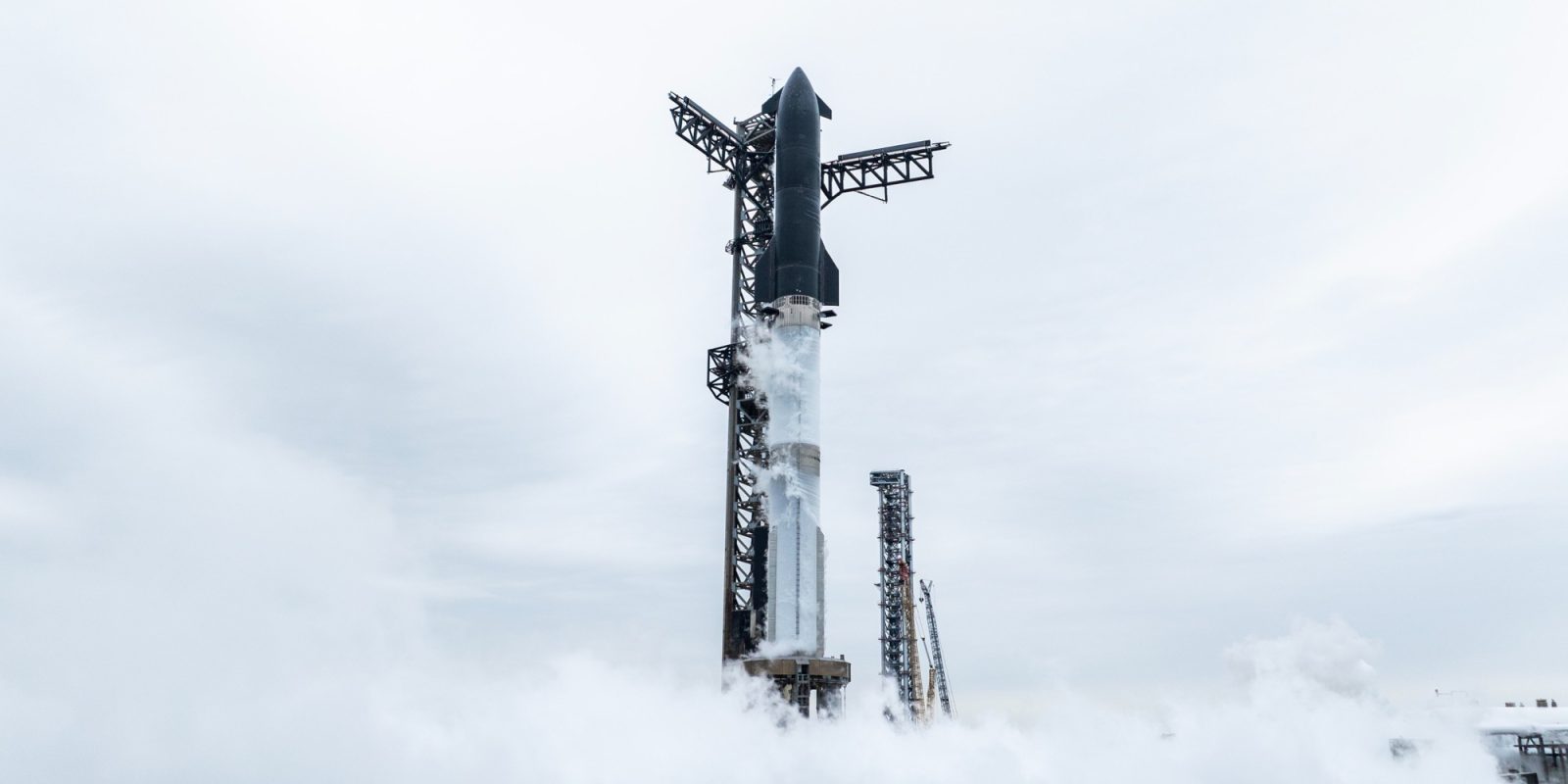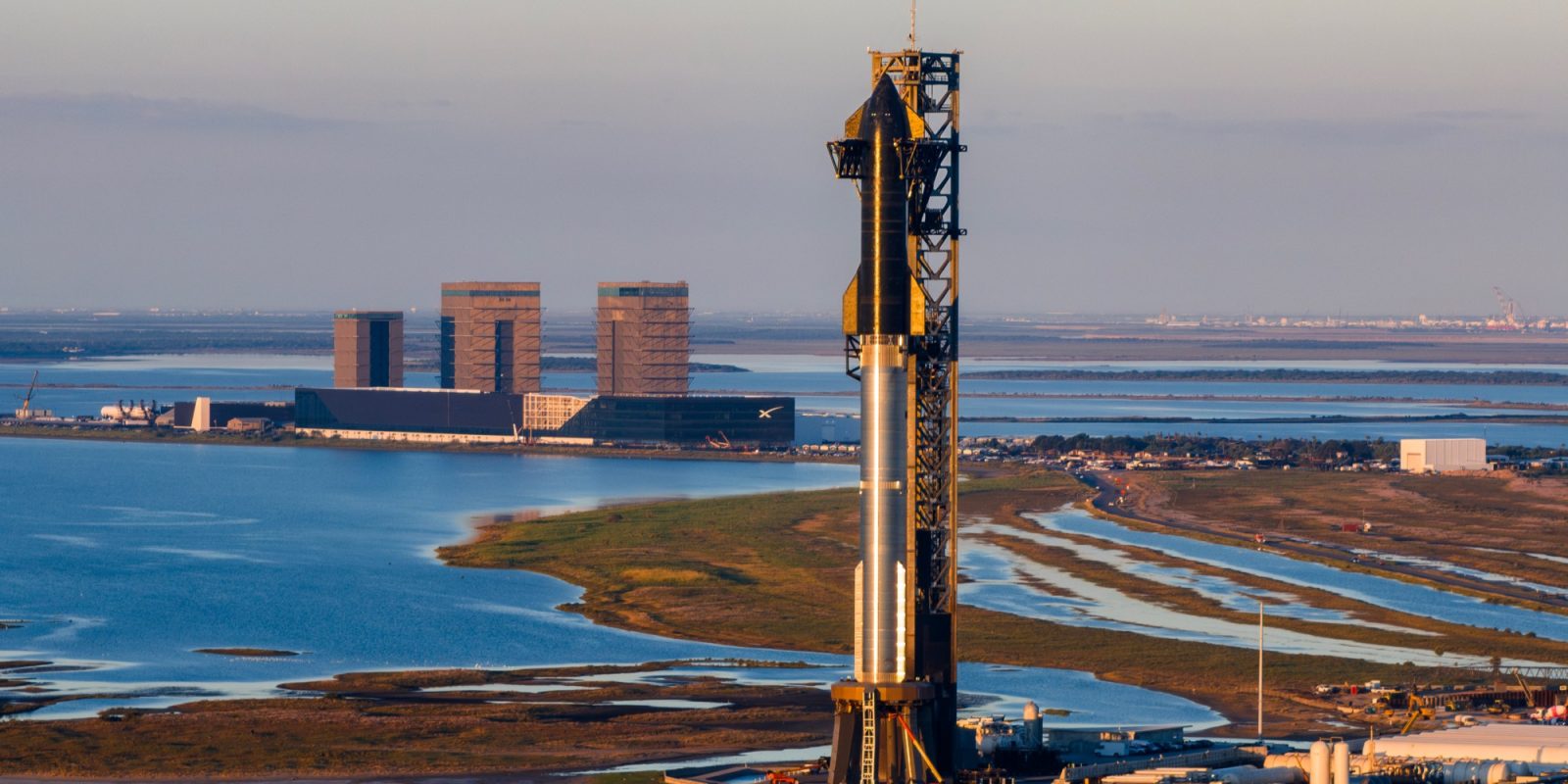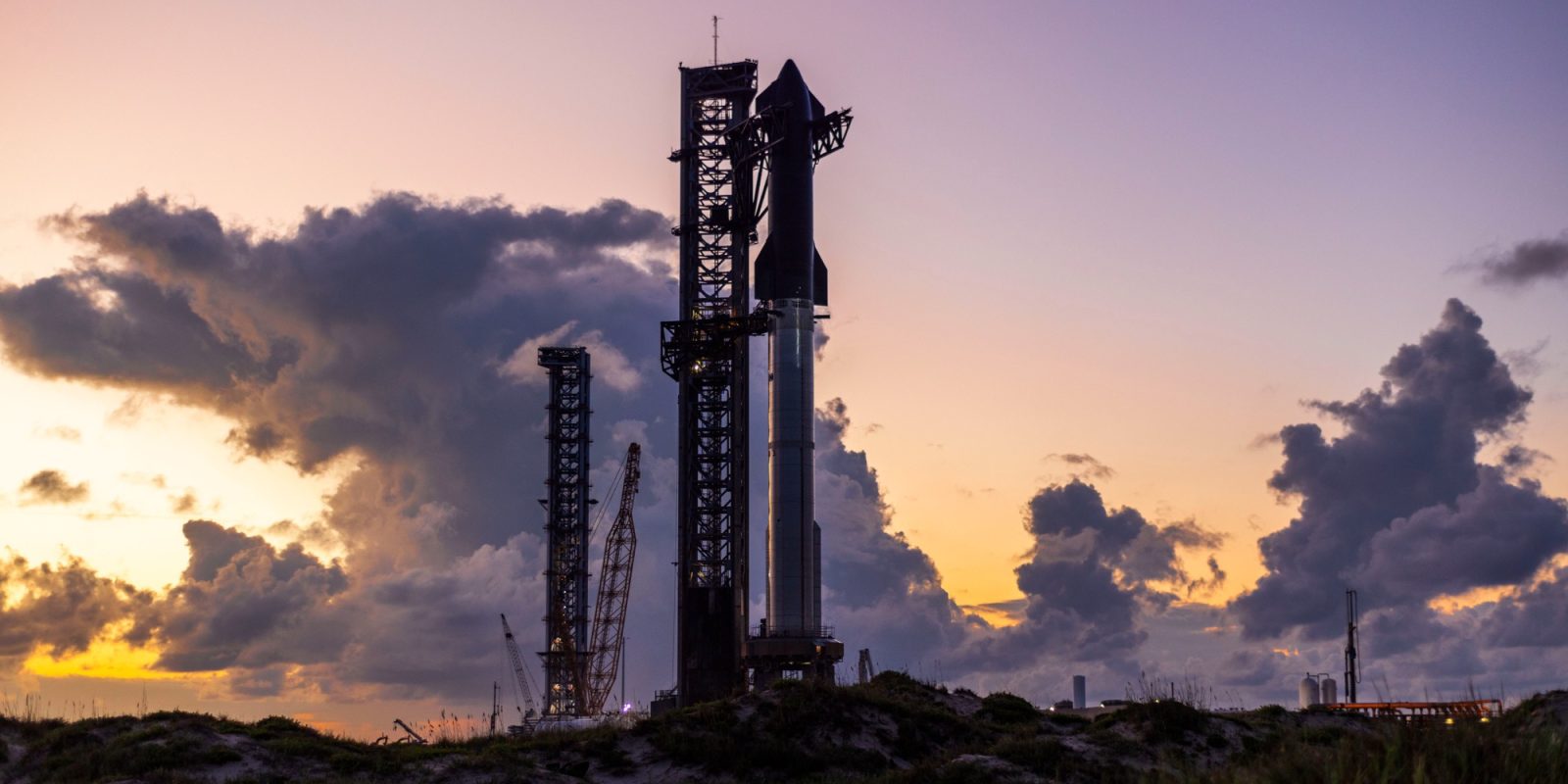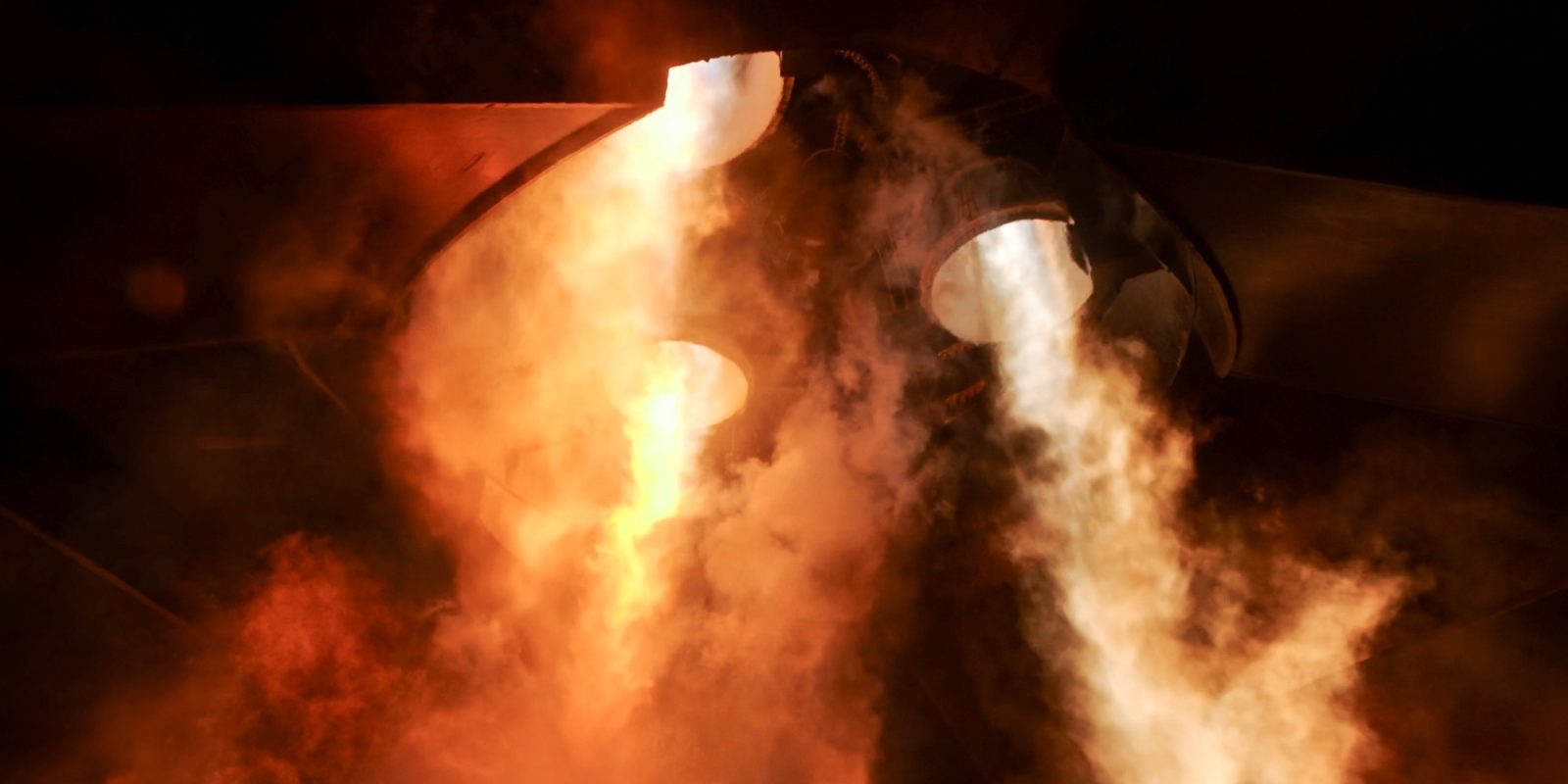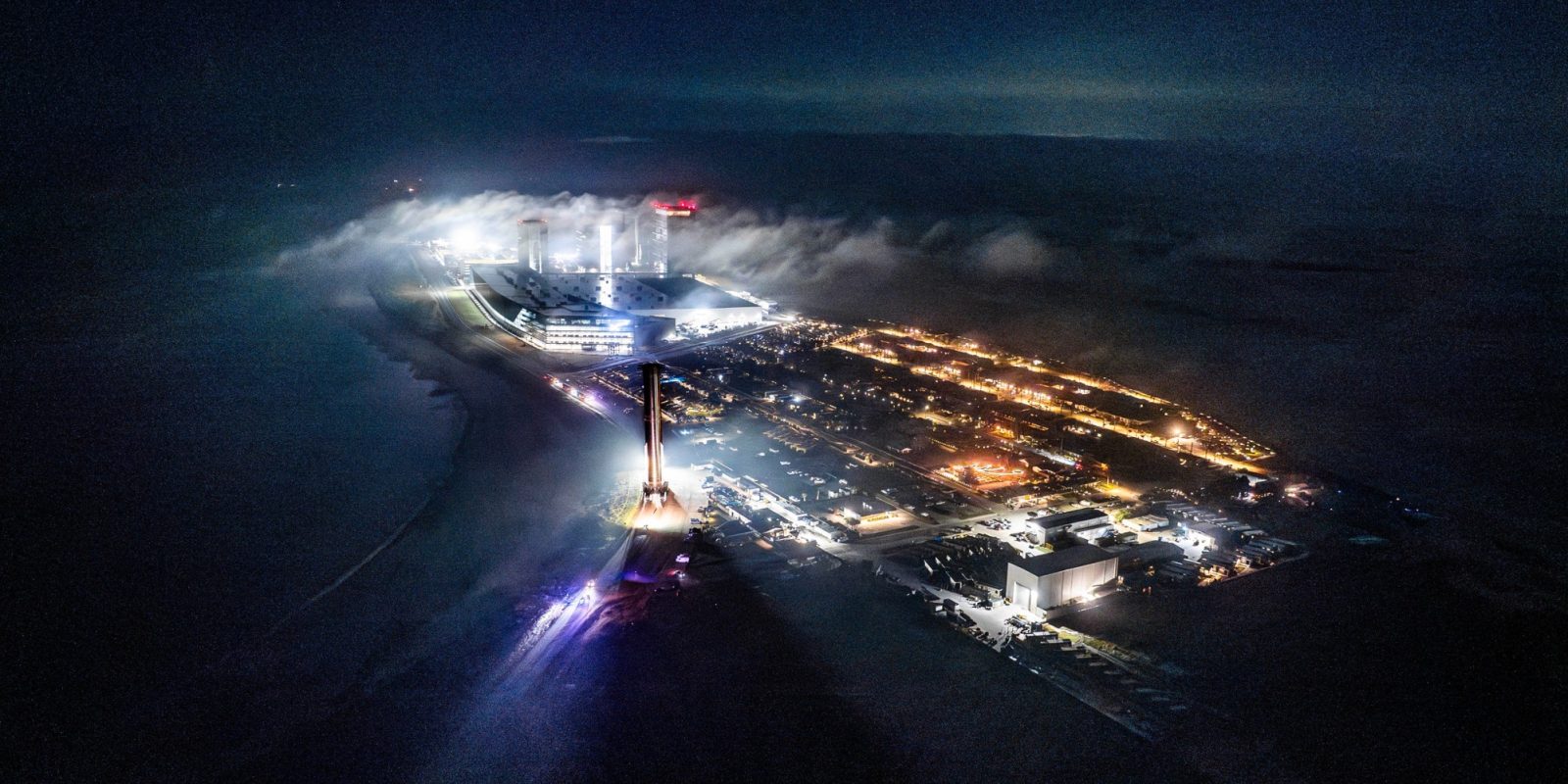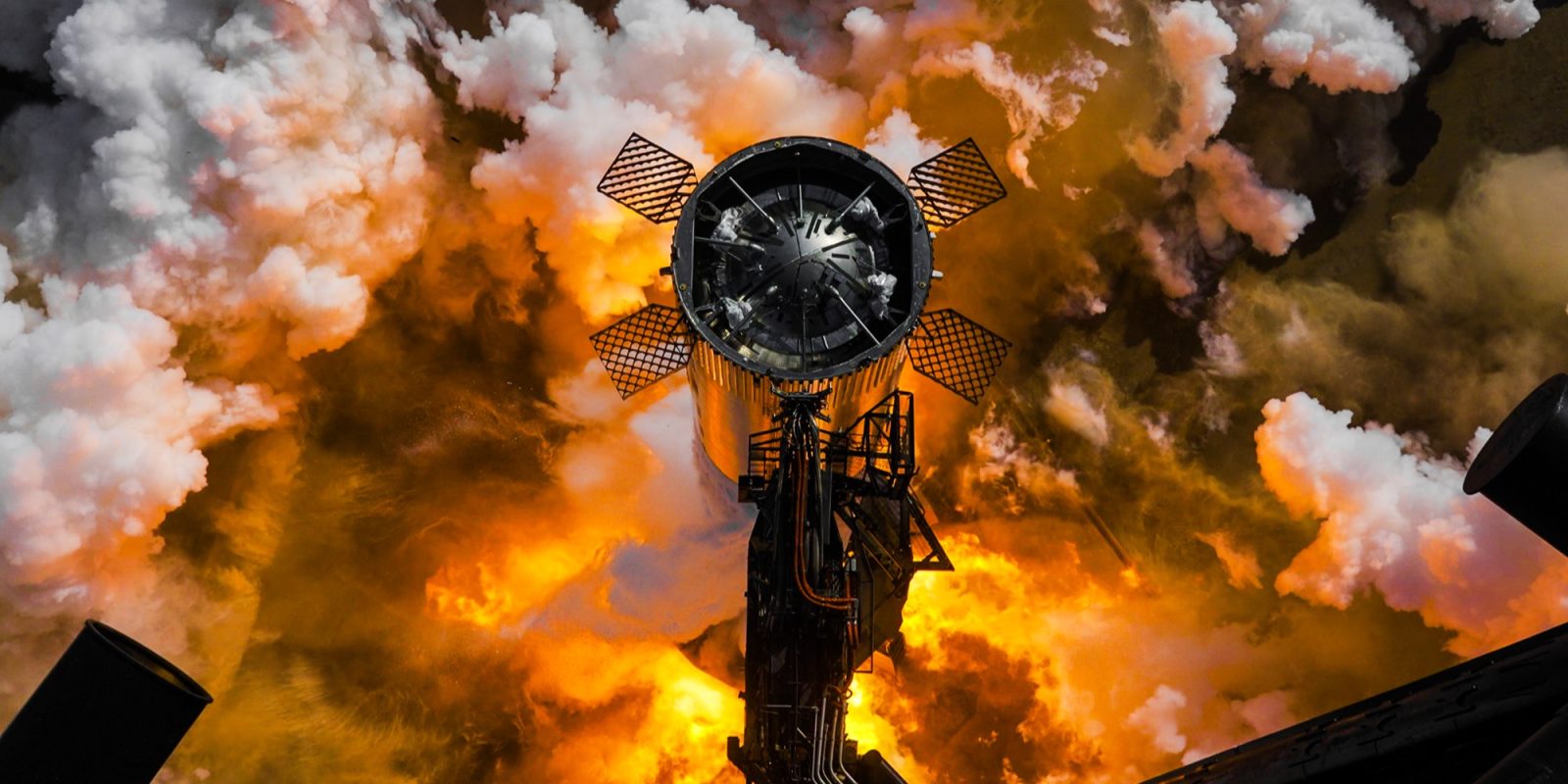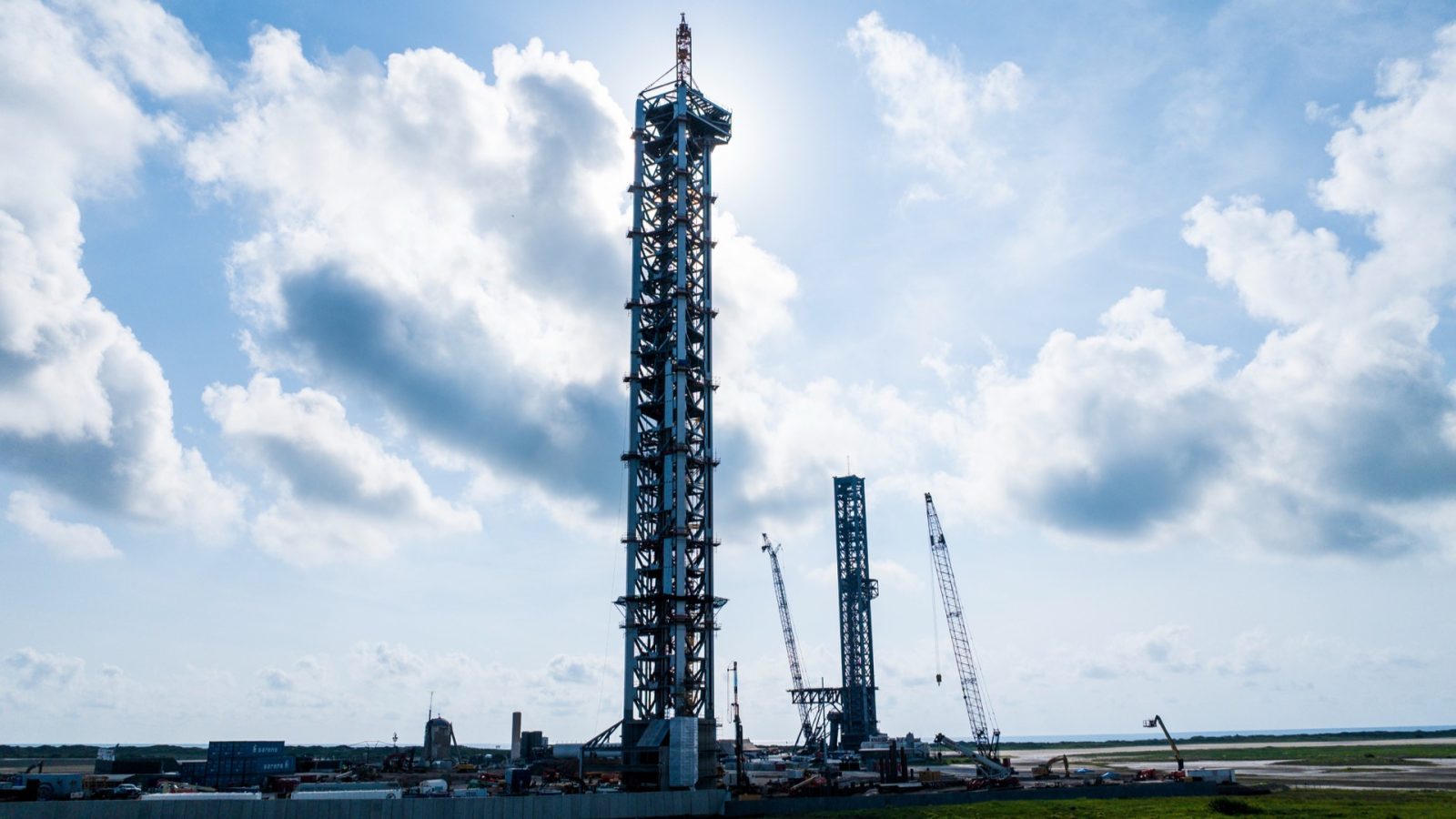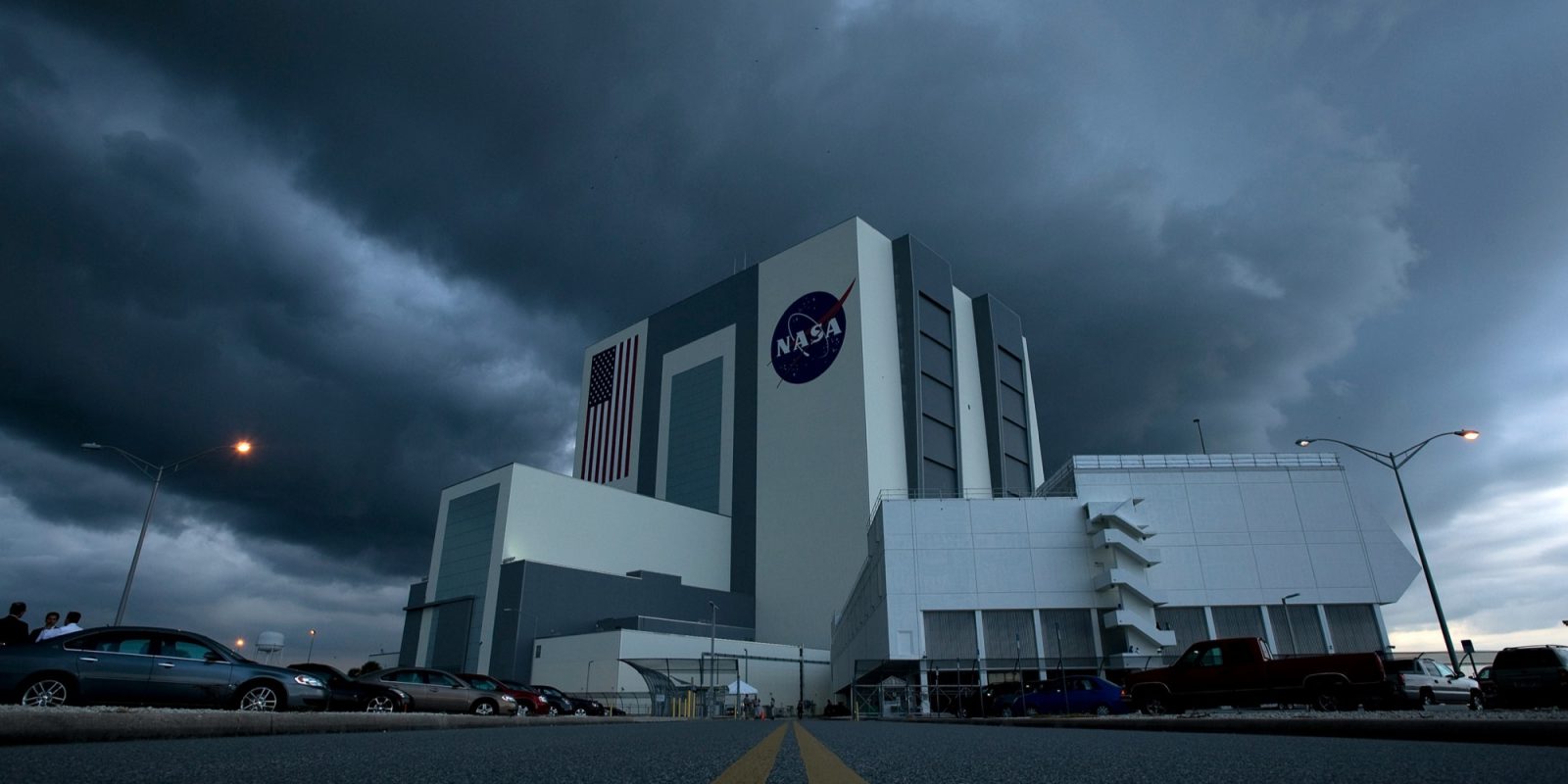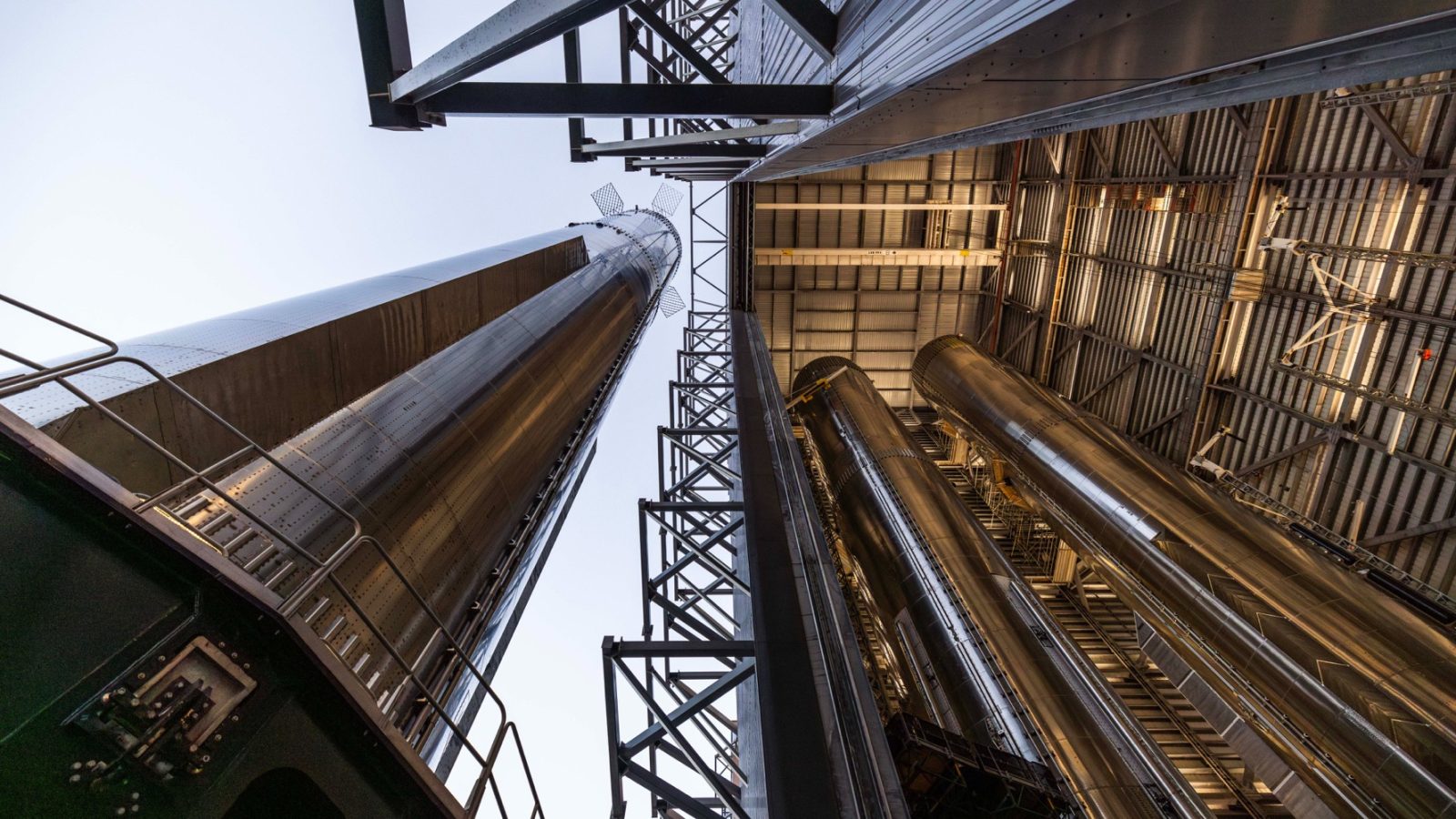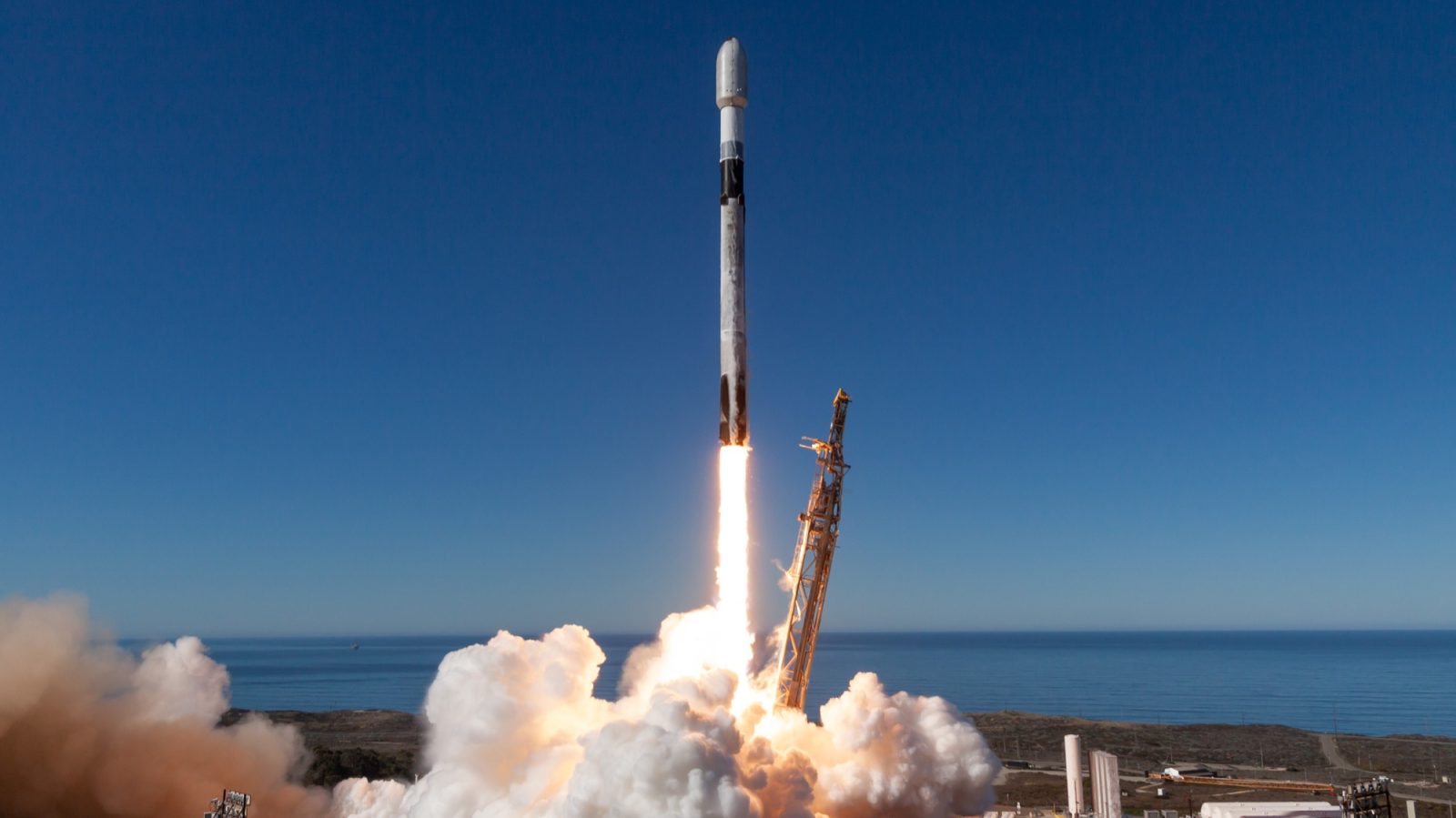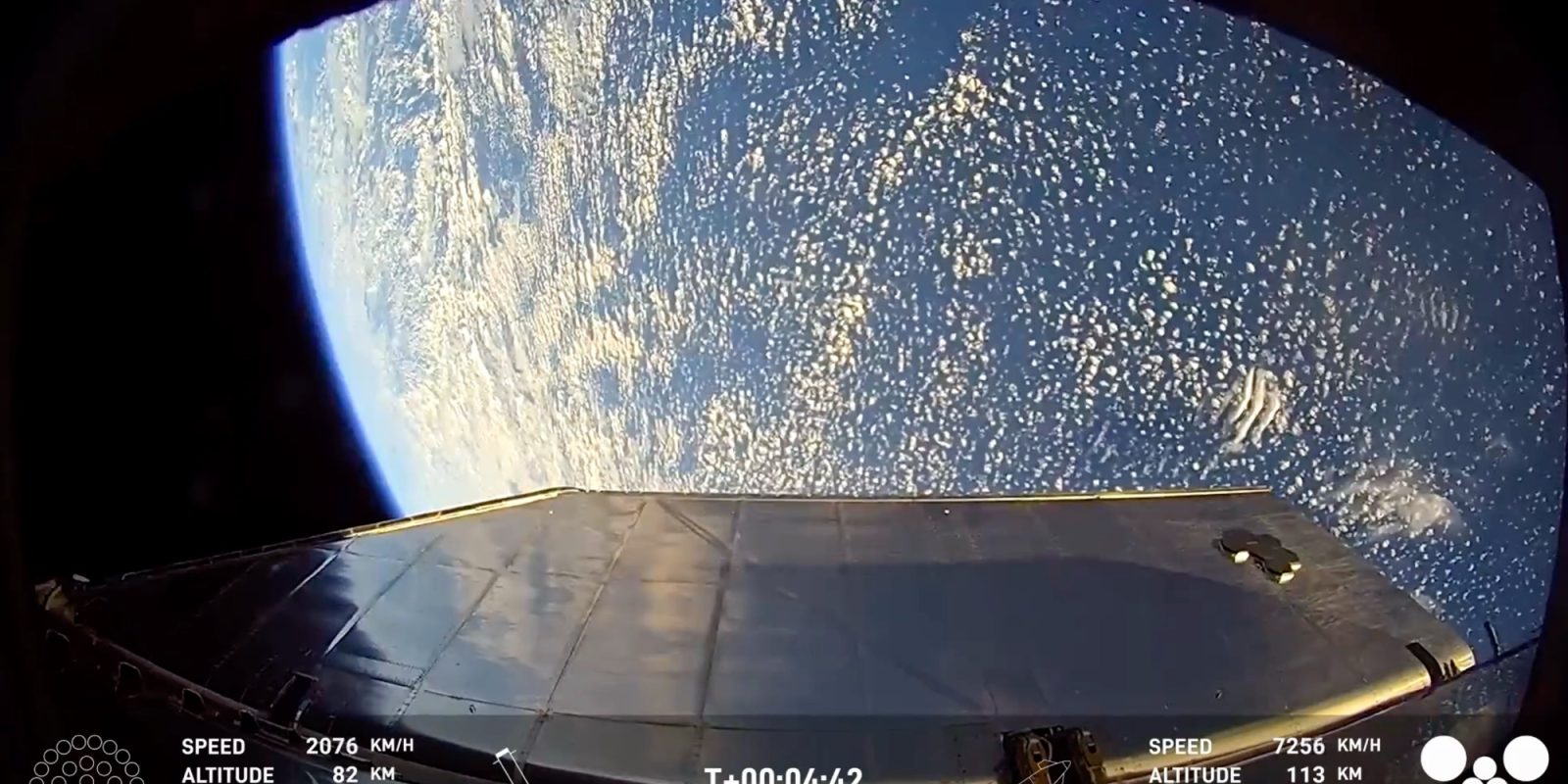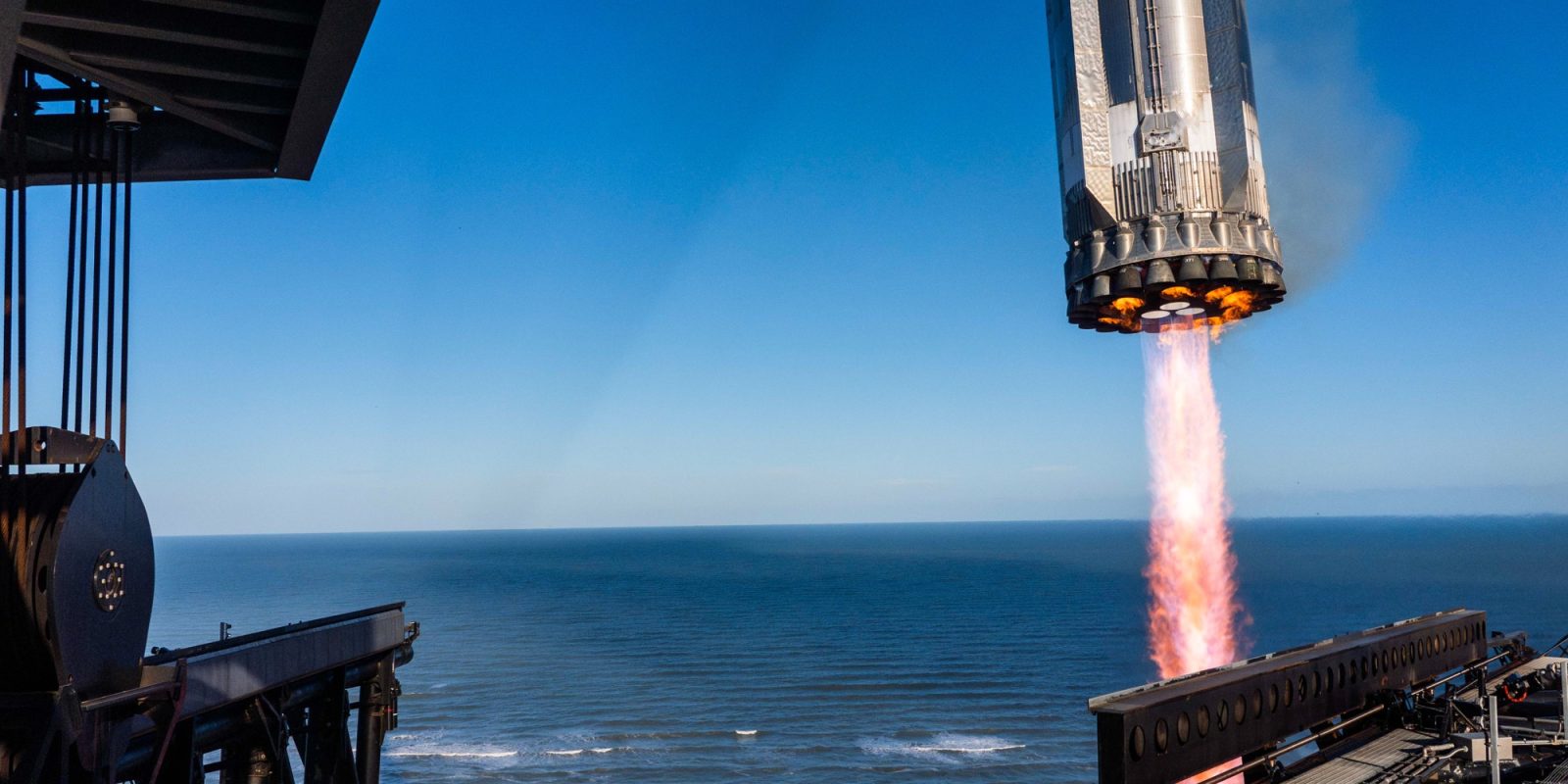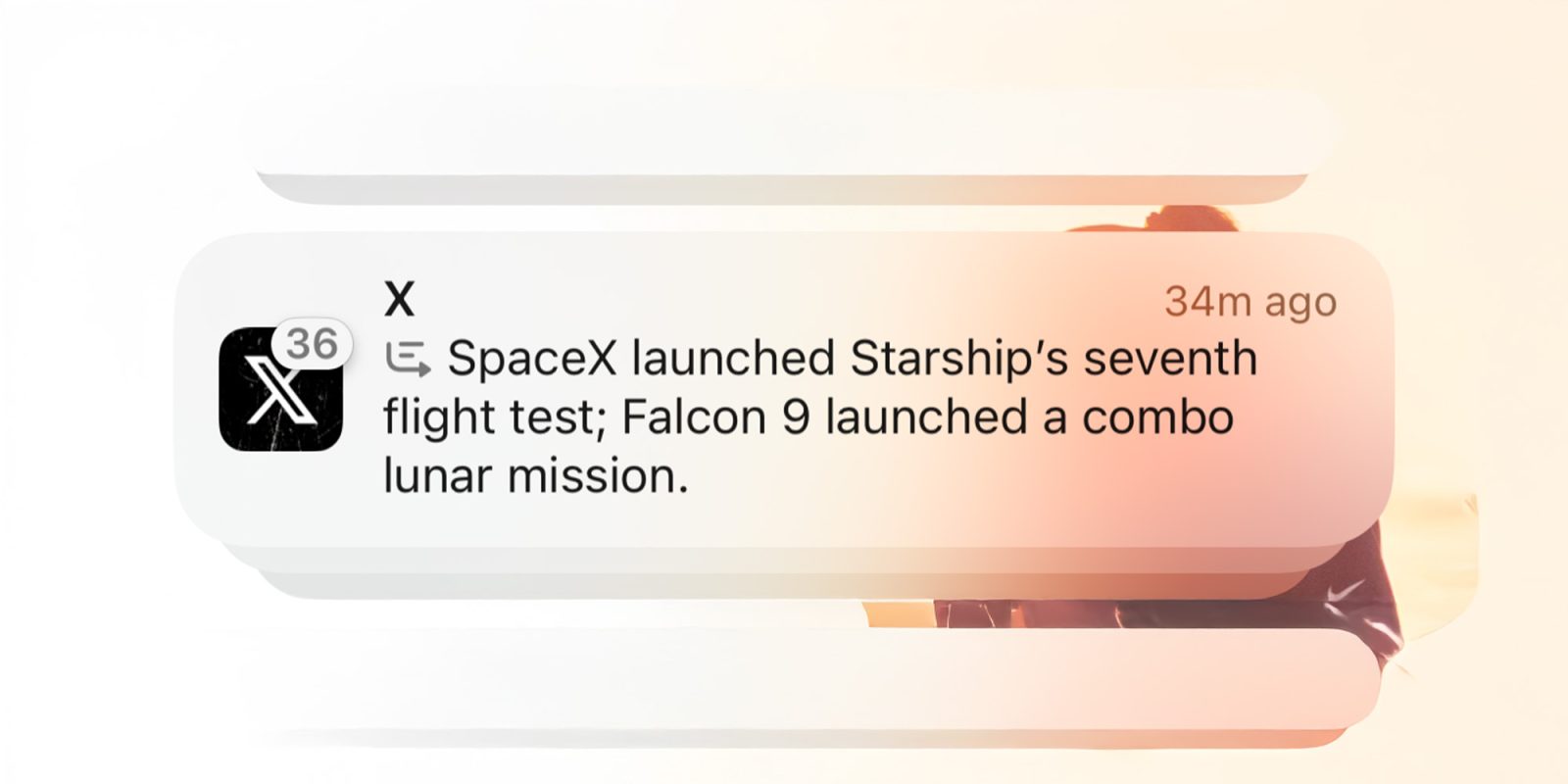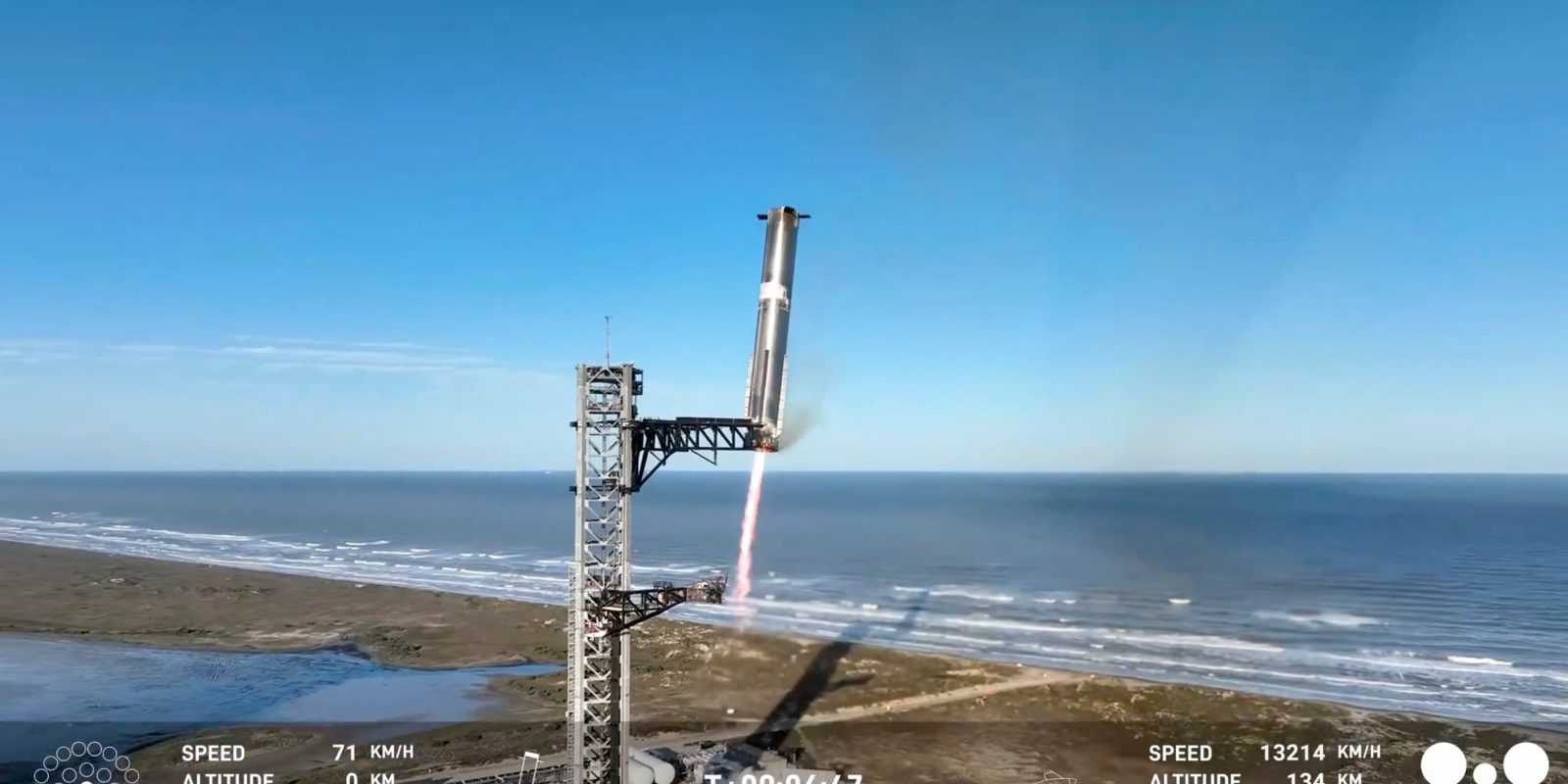Starship: SpaceX’s fully reusable rocket
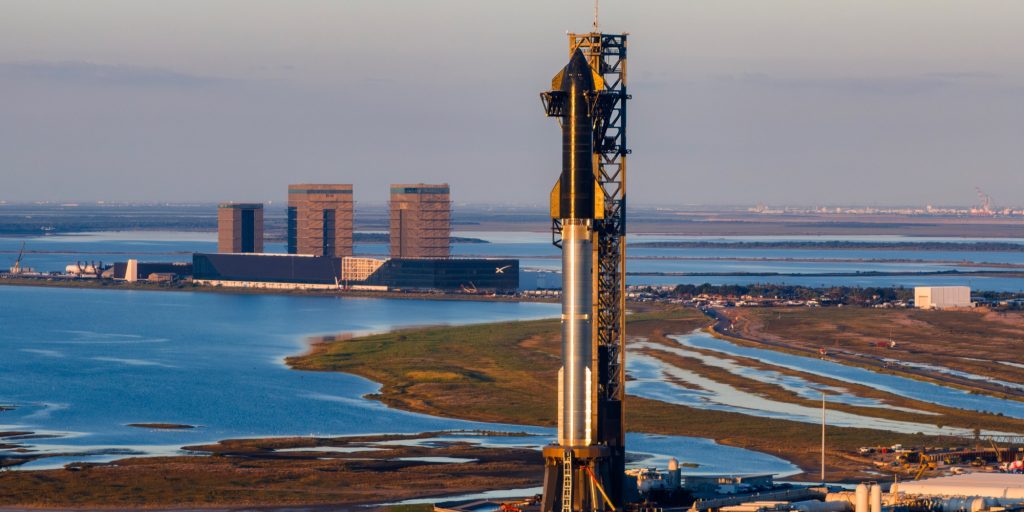
Table of contents
Overview
SpaceX’s latest and largest rocket, Starship, is currently being developed in Boca Chica, Texas at its Starbase facility.
Starship has had several names over the years of development including the Mars Colonial Transporter, Interplanetary Transport System, and Big Falcon Rocket. While each design has differences in design, size, and materials used, several features stayed the same like it being a large, fully reusable rocket. Secondly, the mission of Starship was to make humanity multiplanetary, SpaceX’s goal, by starting a colony on Mars.
In the current design, Starship is made up of two systems: the first stage booster called Super Heavy and the second stage also called Starship. For clarity, moving forward we’ll refer to the entire rocket as the Starship launcher, Starship launch system, or Starship rocket and the second stage as the ship or Starship upper stage.
The Starship launcher will be powered using SpaceX’s Raptor engines which consumes liquid methane and oxygen instead of the more traditional RP-1 rocket fuel. This design decision allows Starship to be refueled out in space much easier as methane and oxygen can be found and produced on both the Moon and Mars.
Starship is still currently in the development phase, with SpaceX launching regular flights on test missions to gather flight data and stress-test the rocket’s design. By the end of 2025, SpaceX hopes to begin semi-operational missions with Starship launching and deploying third-generation Starlink satellites.
Starship Development
Designs and concepts were worked on by SpaceX going all the way back to 2012 but early test hardware began being produce in 2019. This is where we saw SpaceX become more concrete with what they wanted, moving away from carbon composite material and choosing stainless steel for what the Starship launcher would be made out of.
This is also when we saw activity pick at the primary research and development site for the program down in South Texas, now called Starbase.
Starship Test Vehicles
Starhopper
The first vehicle SpaceX produced was named Starhopper. With the older three fin design, the vehicle was suppose to be a high fidelity mockup that could fly in the future. Wind blew part of the nose cone over before flights could happen but that was deemed not necessary for flight tests. The tank sections, with three landing legs, and a single early design Raptor engine conducted several engine tests and low altitude hops.
Starhopper succeeded in its mission of testing early versions of the Raptor engine while in flight. While the design has changed drastically since then, it was a noble start to what is now a much more massive operation.
Starhopper now stands as a gate guardian near Starbase’s launch site. In the past, it has hosted several radar systems, cameras, and lights. Currently, it has been cleaned up, awaiting a new job.
Flights
| Date | Altitude | Duration | Launch Outcome | Landing Outcome |
|---|---|---|---|---|
| April 3, 2019 | < 0.3 meter | ~ 3 seconds | Success | Tethered |
| April 5, 2019 | 1 meter | ~5 seconds | Success | Tethered |
| July 25, 2019 | 20 meters | ~22 seconds | Success | Success |
| August 27, 2019 | 150 meters | 57 seconds | Success | Success |
Mark 1-4
SpaceX later moved on to what it called its Mark 1 SpaceX vehicle, featuring the current design with only two rear fins and two canards at the top. Mark 1 through Mark 4 served as test beds for producing the vehicle, welding the stainless steal, and some tank tests.
Serial Number 3-19
SpaceX then moved on to Starship Serial Number 3. These vehicles were used for further testing of the design and manufacturing but saw more extensive tank and engine testing. SN5 was the first Starship vehicle to take flight with a short 150 meter hop followed by SN6. These flights further gave SpaceX flight data on both the Starship vehicle and Raptor engines.
In December 2020, SpaceX moved on to higher altitude flights of the Starship vehicle to test out its unique “belly flop” entry profile. SN8 flew first to an altitude of 12.5 km before shutting its engines down and returned to the landing pad. The vehicle performed as expected with the “belly flop” but failed to stick the landing.
SpaceX repeated this test four more times except only flying to 10 km. SN10 achieved the first landing, however, not softly and later exploded on the pad due to damage it sustained. SN15 was the first Starship vehicle to successfully touch down softly and survive. SN16-SN19 were all scrapped with development moving to conduct an orbital launch attempt with the Super Heavy booster.
Flights
| Date | Vehicle | Altitude | Duration | Launch Outcome | Landing Outcome |
|---|---|---|---|---|---|
| August 4, 2020 | SN5 | 150 meters | 51 seconds | Success | Success |
| September 3, 2020 | SN6 | 150 meters | 52 seconds | Success | Success |
| December 9, 2020 | SN8 | 12.5 km | 6 minutes 42 seconds | Success | Failure |
| February 2, 2021 | SN9 | 10 km | 6 minutes 26 seconds | Success | Failure |
| March 3, 2021 | SN10 | 10 km | 6 minutes 20 seconds | Success | Partial Success |
| March 30, 2021 | SN11 | 10 km | 5 minutes 49 seconds | Success | Failure |
| May 5, 2021 | SN15 | 10 km | 5 minutes 59 seconds | Success | Success |
Fully integrated Starship flight tests
Integrated Flight Test-1
The first flight of a fully integrated Starship flight took place on April 20, 2023 from the new Orbital Launch Mount, now called Launch Pad A, at Starbase. The launch cleared the tower successfully and made it all the way through stage separation, loosing several Raptor engines along the way.
The first Starship hard to fly were SN24, now called Ship 24, and Super Heavy booster 7. While liftoff was successful, the two failed to separate and were eventually destroyed via Starship’s flight termination system.
The aftermath of the launch left a large crater beneath the launch mount, which SpaceX said was unexpected. This lead to the addition of further group protection at Pad A and a full flame trench at Starbase Pad B and further launch sites in Florida.
Starship Launch sites
Right now SpaceX is working through building several launch sites for Starship. While the primary site seems to be Starbase, Texas, Kennedy Space Center in Florida could also be used for HLS missions.
Starbase
Located on Highway 4 near Boca Chica Village, Starbase is where all the magic happens with building and flying the Starship rocket. The company initially intended the site to be an exclusive range for Falcon 9 and Falcon Heavy flights but later turned to Starship development.
In the current state, Starbase consists of two locations, the production facility and the launch site. The production facility houses the building that produce and assembling the Starship vehicle and Super Heavy Booster.
The launch site houses all the ground equipment to store the consumables needed for flights and tests. It also has two sub-orbital test stands for testing Starship vehicles and an Orbital Launch Mount to test Super Heavy boosters and launching of the full Starship Rocket. SpaceX plans to build a second orbital mount in the future.
Kennedy Space Center
While all the attention is at Starbase, NASA’s Kennedy Space Center is also seeing a lot of development for Starship. Several sites produce parts for Starship that are then shipped to Starbase but in the future it could see flights once the rocket is out of development.
At LC-39A, SpaceX has partially constructed a launch mount similar to what is seen at Starbase for future Starship rocket launches. The company has also looked into building the proposed LC-49 north of LC-39A that could house multiple Starship launch pads. However, it does now sound like that proposal made it through environmental review.
If approved, a SpaceX’s Roberts Road facility expansion could see all of the company’s Space Coast operations relocated there. It would also feature similar High Bays like at Starbase for Starship production. NASA and SpaceX have also talked about leasing out space inside the Vehicle Assembly building, where NASA assembled the Saturn V rocket, Space Shuttle, and currently the Space Launch System before launches. This would offer SpaceX a direct route to LC-39A when the rocket is assembled.
Phobos and Deimos
SpaceX purchased two retired oil rigs in 2021 to test out the idea of launching the Starship rocket from sea based platforms. One rig was located at the Port of Brownsville and the other at Pascagoula in Mississippi. The two were called Phobos and Deimos after the moons of Mars. While scrapping of the oil drilling equipment was done or began on both rigs, the idea of building launch sites on the two were scrapped due to the need to focus on Starbase launches.
